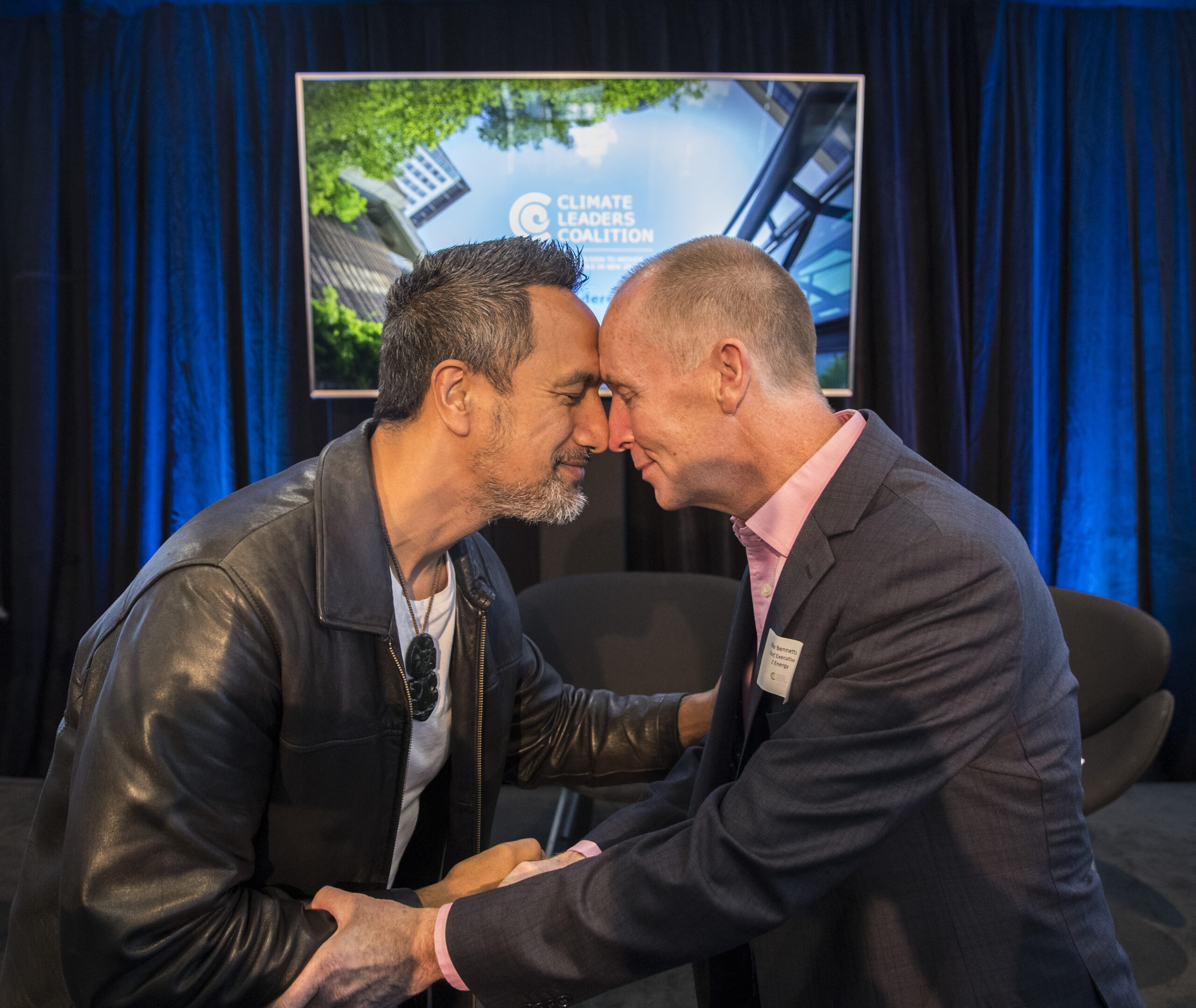Dr Kiran Martin is arguably one of the most influential women in India – a modern-day heroine recognised by the Indian government, John Key and leaders across the globe for her transformational work in India’s slums. Kiwi aid worker Helen Manson visited Dr Martin in the Delhi slums to find out more about her work and the lives of children living there.
Words and photography Helen Mason.
In 1988, Dr Kiran Martin heard about a cholera outbreak in a south Delhi slum. Her Christian faith and its values of love, hope and the inherent dignity of each individual inspired her to do something to help the poor and marginalised.
So she went to the slum, set up a borrowed table under a tree and began working to save lives. From these humble beginnings, Dr Martin established the Asha Society, a non-profit, non-political, non-governmental organisation which now provides medical care and education to about 400,000 people living in more than 50 slum colonies in Delhi.
Asha Society offers health care, savings and loans groups, and human rights training. It helps secure land tenure for slum dwellers, empowers women, improves slum development and fosters education, which has seen hundreds of children from slums go on to tertiary studies. Asha has also had a long association with New Zealand. Former Prime Minister John Key visited the organisation in 2011, and both the New Zealand High Commission in Delhi and Kiwi non-profit TEAR Fund have lent a great deal of support. In 2013, Dr Martin visited New Zealand on behalf of Asha in order to launch a joint project with the New Zealand government, TEAR Fund and Kiwi health care company Medtech.
The aim of this project is to provide free telemedicine consultations to remote slum areas in India. Patients will visit a telemedicine hub for diagnosis and treatment, and be prescribed medication at an Asha community health centre. The more serious conditions can then be referred to a hospital. Once up and running, this collaborative project will help unclog the hospital system and allow health professionals to concentrate on serious cases, radically reducing waiting time, which can last a couple of days. In doing so the project will help transform the lives of many poor and disadvantaged people. Visit www.asha-india.org to find out more.

More than four million people live in Delhi as slum dwellers. Around half of the families live in one room or share with another family. Currently, 74 percent of the Indian population is literate. Most slum children attend government schools where teaching standards are low and classrooms lack basic equipment. Through Asha, slum children are provided with tuition, guide books and computer classes to support their studies. Special effort is made to see that as many students as possible who complete schooling also enter university. Asha guides these students through the university admission procedure and pays their tuition fees.
“I have found the paradox, that if you love until it hurts, there can be no more hurt, only more love”
Mother Teresa
As a child, Sunil Kumar lived in the Dr Ambedkar slum colony, barely managing two square meals a day. At a young age, Kumar joined Asha’s children’s group in his slum where he learned about health issues and his rights as a child. Over time he developed a keen interest in health care and advocacy and became a peer educator with Asha’s youth group in his slum.
Later Sunil graduated from Delhi University after Asha paid his fees, and was chosen to be a part of Asha’s pilot internship programme. He interned for a month at PepsiCo where he was able to study Pepsi’s marketing and distribution network across Delhi. At the end of Sunil’s internship, PepsiCo offered him a job, and he currently works at Pepsi as a marketing executive with a team of ten people reporting to him.
Thanks to the opportunities provided by Asha, Kumar’s family has now moved out of the Dr Ambedkar slum colony and is renting a house in a much better housing colony. The chance to transform their lives through education, and help bring their families out of poverty, is the dream Asha has for all its students.

“I think of an exploitative slum lord, who treated us with aggression and contempt, or another who was so hostile to our work that I feared for my life – my tyres slashed, dead rats thrown into my office. Yet both men were treated with dignity and love, and both are now transformed individuals, and supporters of our work,” says Martin.
“For me, non-violence has become not just an approach to be used in my work, but a life principle. It defines all the relationships we have, treating the exploiter and the exploited as equals, and dealing with them all empathetically. Ours is a vision of achieving both social justice and social harmony.”
“I do not believe in handouts, in treating our fellow citizens as deserving of pity. We need to behave towards India’s poor with true compassion, restoring to them the dignity that is their right,” she says. “In the many encounters I have had over the years with a wide variety of difficult individuals and networks, I have come to understand that evil is not final.”
“Asha’s work is inspired by love, by a belief in the dignity of all, and by a wish to empower some of the poorest people in the world to bring about transformational change,” Martin says.







